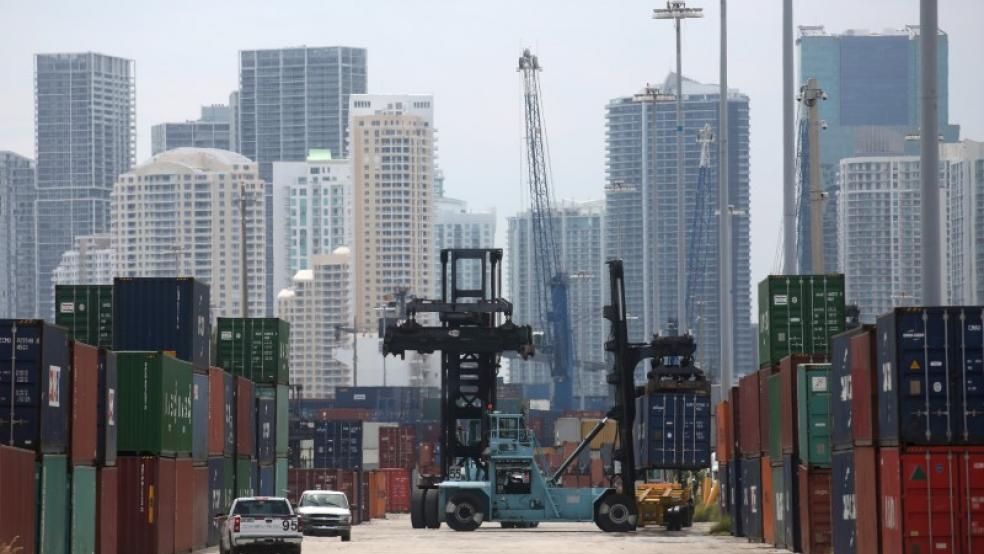This may surprise you: The U.S. economy is expected to have grown at an annual rate of better than 2% over the three months from July through September.
Given the persistence of painfully high inflation and what seems like a steady drumbeat of economic pessimism — even if it’s punctuated regularly by strong jobs reports — the forecast for third-quarter growth may be far stronger than many would think.
The first government estimate of gross domestic product for those months will be released on Thursday and economists widely expect it will actually show a rebound from the stagnant first half of the year. Real GDP shrank at an annual rate of 0.6% in the second quarter of the year following a decrease of 1.6% over the first few months of the year. Those two consecutive quarters of contraction sparked talk that the economy might technically be in a recession, though the continued strength of the job market and other indicators led economists to broadly agree that we had avoided such a downturn.
Still, fears about the direction of the economy remained — but the Federal Reserve Bank of Atlanta projects that the economy grew at a solid 2.9% rate over the July-September quarter. Economists at Goldman Sachs estimate that GDP grew at a 2.4% annual pace, while the consensus forecast from economists surveyed by Reuters is for 2.1% growth.
That GDP number will drop just before the campaign season reaches its crescendo — and if it matches even the lowest of those forecasts, it may represent some welcome economic news for President Joe Biden and Democrats.
But one solid report doesn’t mean the economy is in the clear, and economists are increasingly pessimistic that the U.S. will be able to avoid a recession given the Federal Reserve’s campaign of interest rates hikes to rein in inflation. “The looming GDP hit from higher rates and stronger dollar is enormous,” Jeffries economists Aneta Markowska and Thomas Simons said in a report cited by CNN.
A new survey by the National Association for Business Economics found that almost two-thirds of respondents say the country is already in a recession or is likely to fall into one within the next year. “The survey of 55 NABE members conducted Oct. 3-10 also indicated slower demand, an easing in labor market tightness and a slight moderation in price pressures,” Bloomberg News reports.
The bottom line: This week’s GDP report may show healthy growth, but fears are growing that the Fed will not be able to engineer the “soft landing” it had hoped for and that the economy is instead likely to see a downturn in 2023.





